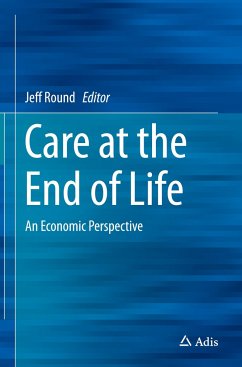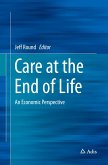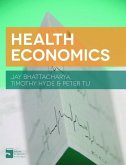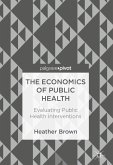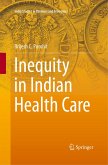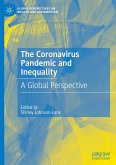This work carefully guides the reader through the methodological, policy and ethical challenges facing health economists conducting research in palliative care. It has collected the opinions of many cutting-edge researchers. Those who design and conduct economic evaluations or economics-related research in end of life populations will find this book thought provoking, instructive and informative.
The provision of care to individuals with disorders associated with advancing age, such as cancer and dementia, is an increasing concern amongst policy makers and providers of health and social care. Accordingly, the burden on state and private funders in providing care to patients with these complex illnesses is of growing importance to health economists. However, answering the questions raised by the research community on end of life and palliative care health economics has received little attention. The authors shed light on many questions including: Are economic evaluation methods fit for purpose in patients at the end of life? What is the best way to measure and value health outcomes in this population? What are the appropriate societal rules to govern resource allocation for people at the end of life? Are these people more or less deserving of resources than other patients? Does age matter? How can we define a good death for the purposes of resource allocation decision making? What ethics govern research in end of life patients?
The provision of care to individuals with disorders associated with advancing age, such as cancer and dementia, is an increasing concern amongst policy makers and providers of health and social care. Accordingly, the burden on state and private funders in providing care to patients with these complex illnesses is of growing importance to health economists. However, answering the questions raised by the research community on end of life and palliative care health economics has received little attention. The authors shed light on many questions including: Are economic evaluation methods fit for purpose in patients at the end of life? What is the best way to measure and value health outcomes in this population? What are the appropriate societal rules to govern resource allocation for people at the end of life? Are these people more or less deserving of resources than other patients? Does age matter? How can we define a good death for the purposes of resource allocation decision making? What ethics govern research in end of life patients?

